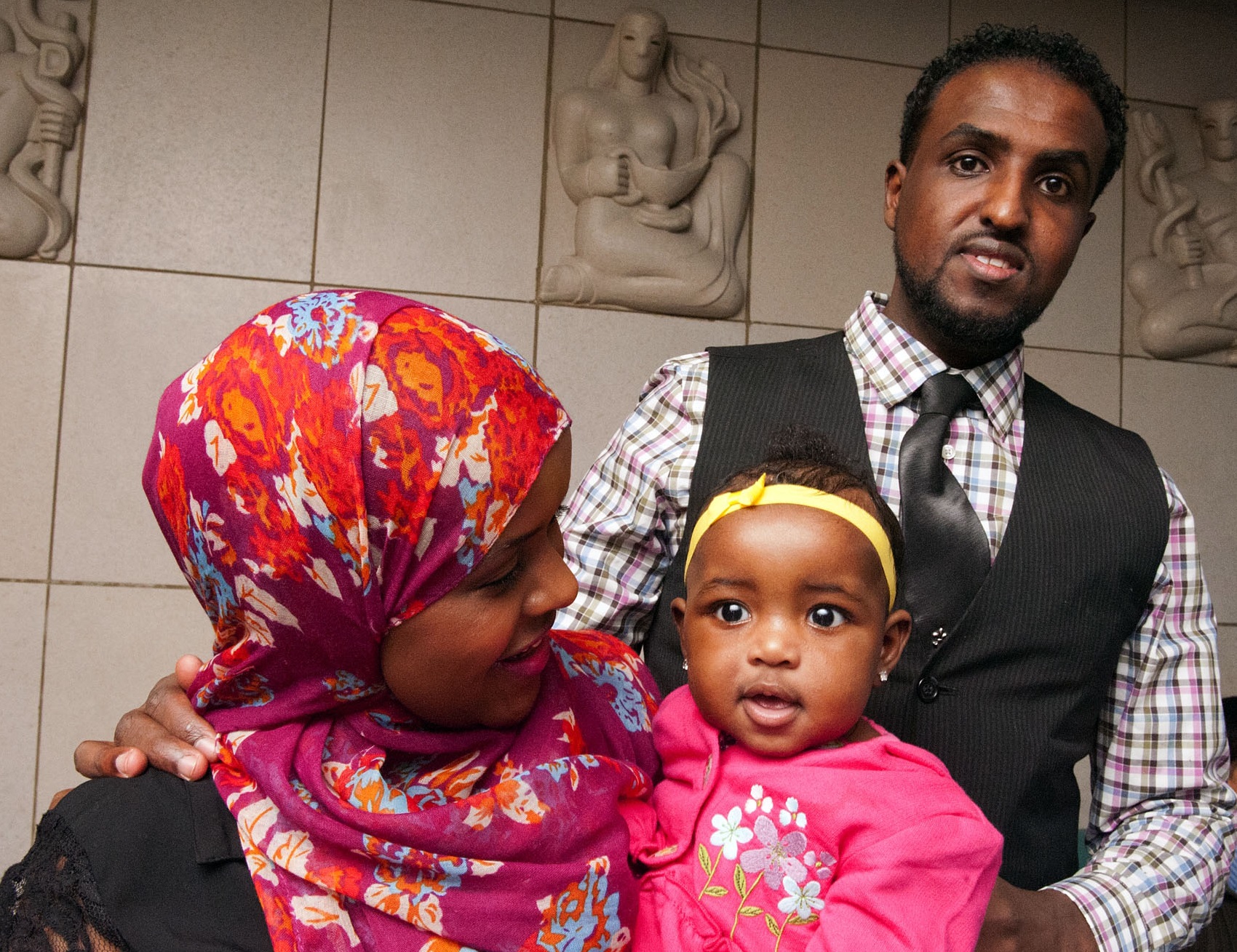The Great Barrier Reef, one of the natural wonders of the world, is all out of balance. The corals are losing ground at too fast a pace to algae—a state of affairs that is threatening their very existence.
This has led Southern Cross University’s Professor Peter Harrison to think of an appropriate intervention. Fast.
Working with scientists at his institution, James Cook University and the Australian Institute of Marine Science, ABC News reports Harrison has been weeding algae around one of Australia’s islands and transplanting coral “babies”—live larvae—onto the cleared reefs.
In total, around 2.8 million coal larvae have been transplanted to date, with researchers anticipating that the results would be visible within nine months.
“Algae is winning the war with the corals,” Harrison told ABC News. “Back in the 1980s, when I first started working on these reefs, there was a great diversity of corals and they covered most of the reefs surface.
“Our assumption is that if we don’t intervene, eventually most of the corals will disappear.”
He added that the transplantation method had a track record of success: A project in the Philippines had seen coral larvae grow from microscopic to the size of dinner plates in the space of three years.
Other researchers added to ABC that there is “no magic bullet” in tackling coral loss, and that the problem is not exclusively algae build-up—but also poor water quality from “dredge spoil dumping” and “bleaching events.”
“What we’re trying to do now is buy time for the coral populations that are still present on the Great Barrier Reef and on other reefs around the world,” Harrison concluded.
